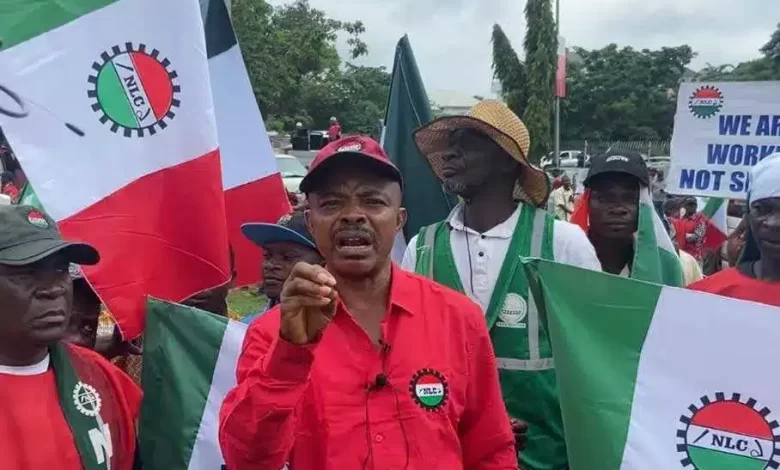
The Federal Government has failed to sustain the payment of the N35,000 wage award to workers, and this has sparked anger and confusion among civil servants.
In reaction, the Nigeria Labour Congress (NLC) has warned of potential industrial action.
The wage award, introduced in September 2023 to cushion the blow of fuel subsidy removal, was allegedly only paid for a single month.
“We all are confused as there has been no official communication from the government as regards the matter,” said a senior civil servant in reaction. “We are all confused at the moment.”
Another worker echoed these frustrations, stating, “What you heard is true. We have not received anything else other than the initial wage award, which was paid. The government cannot continue to let the citizens suffer. Our take-home salaries cannot even take us home any longer at this point.”
Adding to the tension, the NLC has condemned the government’s actions, calling them “completely unacceptable” and a betrayal of trust.
“This betrays the government’s dishonourable intentions and is completely unacceptable,” said NLC Head of Information Benson Upah.
When asked about potential consequences, Upah stated, “Certainly, the congress will do something about this but what it will do will be dependent on the appropriate organs of the congress. On communication with the government, sure, we will. It usually precedes our actions.”
However, the Office of the Accountant General of the Federation has assured workers that plans were underway to fulfil the wage award commitments.
“The process is ongoing. They will be paid. The process to pay the wage awards has commenced,” said spokesperson Bawa Mokwa.
Meanwhile, the 2024 budget allocated N1 trillion for minimum wage adjustments, promotion arrears, and severance benefits for civil servants. However, the NLC has already expressed strong opposition to any unilateral imposition of a new minimum wage by the government.
“The national minimum wage law is a product of collective negotiation by all the critical stakeholders, workers, employers (plus private sector), and government,” explained Upah. “It cannot be fixed by fiat by any stakeholder. Thus, any unilateral action by any party will not only be presumptuous but contemptuous and injurious to other parties and will certainly be at variance with the law and principles governing this variant of minimum wage-setting procedure.”
